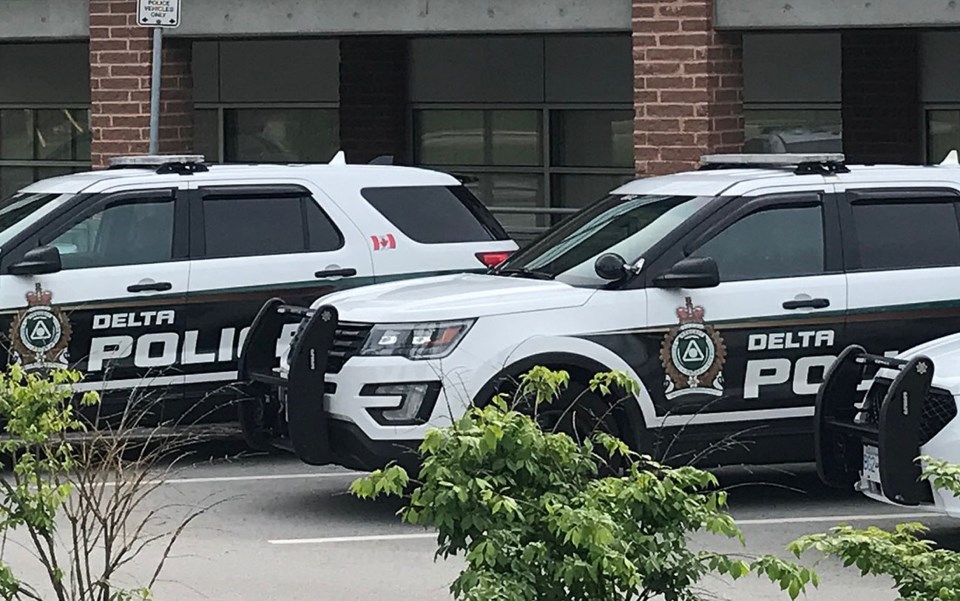The Delta Police Department has been selected to make a presentation to the province’s Special Committee on Reforming the Police Act (SCRPA).
Police Chief Neil Dubord told the Delta Police Board last week they’re now working on the presentation with the aim of showing what’s working for his department and what practices could be applied elsewhere.
“We took a little bit of a different approach on the Delta police side. Instead of looking at significant changes, we provided ideas on what they can consider for programs that are currently working at the Delta Police Department and may enhance other police departments around the province,” said Dubord.
Appointed last December by the Legislative Assembly, and to table its recommendations in spring 2022, the SPRCA’s mandate includes, among other things, making recommendations related to modernizing the Police Act when it comes to independent oversight, transparency, governance, structure, service delivery, standards, funding, training and education.
It’s also to examine the role of police when it comes to social issues including mental health and wellness, addictions and harm reduction, as well as the scope of systemic racism within B.C.'s police agencies and necessary measures to ensure a modernized Police Act is consistent with the United Nations Declaration on the Rights of Indigenous Peoples.
The committee is also meeting with community advocacy organizations, service providers and Indigenous communities.
The Delta Police Board previously discussed and prepared a submission of several recommendations to the SCRPA. The board’s recommendations include integrated police units not being mandatory for municipal policing.
A report to the board notes integrated policing units provide the opportunity for various different policing agencies, whether from independent municipal, RCMP municipal or provincial and federal forces, to pool their resources collectively.
While integration is beneficial in some areas, others are better left independent as sharing of resources can also lead to delays and inefficiencies in certain instances.
“An example of this is the Delta Police Department’s Investigative Bureau (IB). DPD IB has been excellent in effectively investigating, managing and successfully concluding homicides with the use of local and in-house resources, knowledge and expertise. This is also economically beneficial, efficient and enables police agencies to provide their membership with opportunities in such specialized areas in their local work environment,” the report states.
“Integrated police units should not be mandatory for police and discretion should be afforded to the police agencies in deciding membership in integrated police units, which is not necessary if a department can manage the area of specialty with in house talent while being afforded the opportunity to professionally develop their membership. A fulsome discussion amongst all key stakeholders is critical should there be an appetite to make participation in Integrated Police Units mandatory, which should focus on other methods of optional collaboration.”




